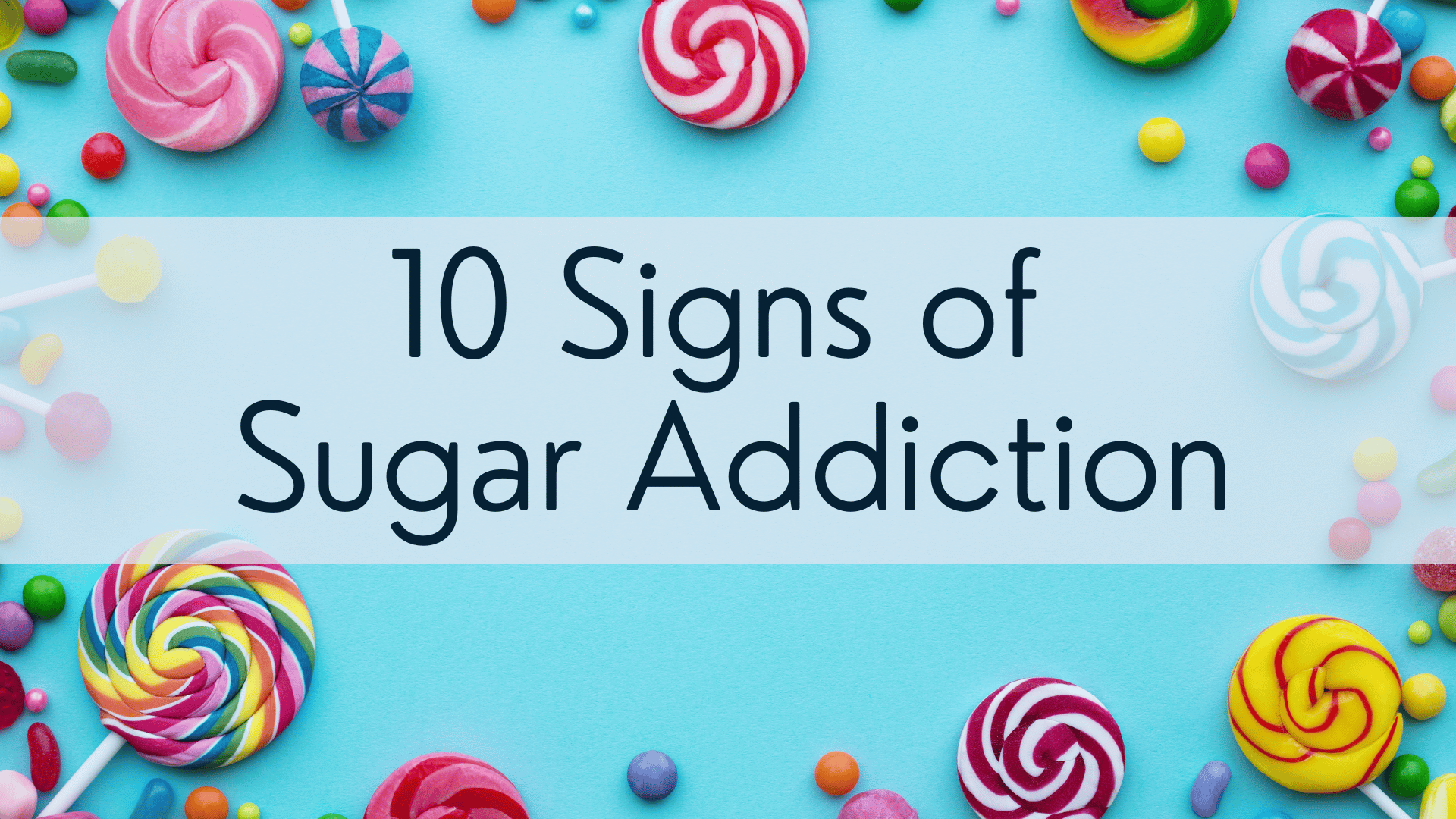Sugar addiction has become a pervasive issue in modern society, with its prevalence reaching alarming levels. The excessive consumption of sugar-laden foods and beverages can lead to addiction, adversely affecting both physical and mental health. In this article, we will explore the ten signs of sugar addiction, supported by relevant statistics, and shed light on the negative health effects associated with this addictive behaviour.
- Intense Cravings: One of the most evident signs of sugar addiction is experiencing intense cravings for sugary foods and beverages. These cravings can be persistent and difficult to resist, leading to a cycle of consumption and subsequent cravings.
- Increased Tolerance: Similar to other addictive substances, sugar can lead to an increased tolerance. Over time, individuals may find that they require more sugar to achieve the same pleasurable effect, leading to escalating consumption patterns.
- Withdrawal Symptoms: When attempting to cut back or quit sugar, addicted individuals may experience withdrawal symptoms. These symptoms can include irritability, mood swings, headaches, fatigue, and even physical cravings for sugar.
- Loss of Control: Sugar addiction often manifests as a loss of control over consumption. Addicted individuals may find themselves unable to moderate their intake, despite negative consequences such as weight gain or health issues.
- Neglecting Other Foods: People struggling with sugar addiction often prioritize sugary foods and beverages over more nutritious options. This behaviour can lead to an unbalanced diet lacking essential nutrients, contributing to further health complications.
- Emotional Eating: Sugar addiction can trigger emotional eating patterns. Individuals may turn to sugary treats as a means of coping with stress, anxiety, or low mood. Unfortunately, this provides only temporary relief while perpetuating the addictive cycle.
- Failed Attempts to Cut Back: Repeated unsuccessful attempts to reduce sugar intake are common among those addicted to sugar. Despite recognizing the negative effects, individuals may struggle to break free from the addictive cycle without support.
- Neglecting Responsibilities: Severe addiction to sugar can lead to neglecting personal and professional responsibilities. The constant preoccupation with acquiring and consuming sugar may result in decreased productivity, impaired cognitive function, and strained relationships.
- Physical Health Effects: Excessive sugar consumption can contribute to a range of physical health issues. These include obesity, type 2 diabetes, heart disease, fatty liver disease, tooth decay, and an increased risk of certain cancers.
- Mental Health Effects: Sugar addiction can also impact mental health. Studies have linked high sugar intake to an increased risk of depression, anxiety, and cognitive decline. Additionally, the addictive nature of sugar can perpetuate a cycle of emotional distress and further exacerbate mental health conditions.
Sugar Addiction Statistics:
- According to the World Health Organization (WHO), the global average sugar consumption per person per year is around 17 teaspoons, exceeding the recommended limit of 6 teaspoons.
- A study published in the journal PLOS ONE found that sugar addiction shares similarities with substance addiction, affecting the reward and pleasure centers of the brain.
- The American Heart Association reports that adults in the United States consume an average of 77 grams of added sugar per day, which is more than three times the recommended limit.
Recognizing the signs of sugar addiction is crucial for individuals to seek appropriate help and take necessary steps towards healthier habits. The negative health effects associated with sugar addiction emphasize the importance of reducing sugar intake and adopting a balanced diet. By promoting awareness, education, and support, we can empower individuals to overcome sugar addiction and improve their overall well-being.
Sign up for our FREE Webinar>>> The Sweet Escape: How to Kick Your Sugar Habit

